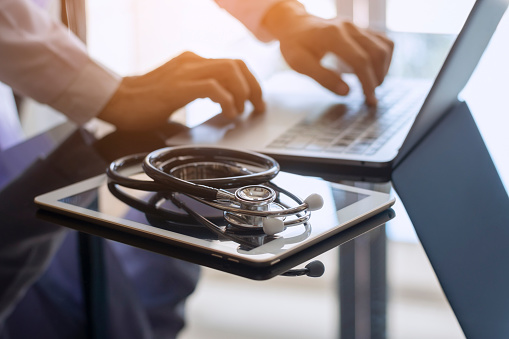
The EMR is a software system that keeps track of a patient’s medical history within a health care organization. It allows for information to be shared with other healthcare providers, such as physicians. The EMR “computes” a patient’s data and tracks electronic messages sent by doctors and nurses. It also automatically checks for medication conflicts, allowing doctors and nurses to make appropriate changes in a patient’s regimen immediately. Many other benefits of an EMR include improving the efficiency of your practice.
Having an EMR is an intelligent way to replace problematic paper records. The information contained in an EMR is readily available to healthcare team members, which makes it easier to coordinate care. Because the EMR is centralized and shared between providers, it can significantly improve patient care and the quality of care. The EMR is accessible by all providers and can track a patient’s health history.
What makes them essential for better health care service?
EHRs are essential in many ways. One is it help improve patient outcomes by reducing medication errors and unnecessary tests and investigations.
EMR also facilitates collaboration among clinicians. These benefits can also make the job of family physicians easier since physicians can quickly access a patient’s information at any time. An EHR also allows them to better schedule appointments, capture point-of-care data, and improve patient safety.
Another way EHRs improve healthcare services is that they make patient data more easily accessible and more accurate. Paper records can be lost or copied, which can cause mistakes. With an EMR, you can access existing data and eliminate duplicate entries. This also means that you can share your records with other physicians and specialists without risking the integrity of your data.
Creating electronic health records also reduces the chance of misplacing information. Traditionally, patient records could not reach hospitals at the right time. Physicians and hospitals can easily share pertinent information about a patient’s condition, history, allergies, and previous treatments.
With electronic health records, everyone is better able to coordinate care. For the patient, it’s easier to make appointments and remember past illnesses. It’s also easier to order prescription medications, which leads to greater efficiency and lower costs.
CONCLUSION
With access to the patient’s EHR, doctors and medical personnel can review it anywhere. Because the information is digital, a doctor misfiling or losing paper records is no risk. Unlike paper records, EHRs can help prevent medical errors. For example, doctors can quickly find medications, diagnoses, and other pertinent information. It can also make the workflow of charting and other health care professionals easier, saving them valuable time.
Are you searching for the best EMR Philippines? If so, then better check out Serious MD right away and learn more on how it can help you improve your health care service!